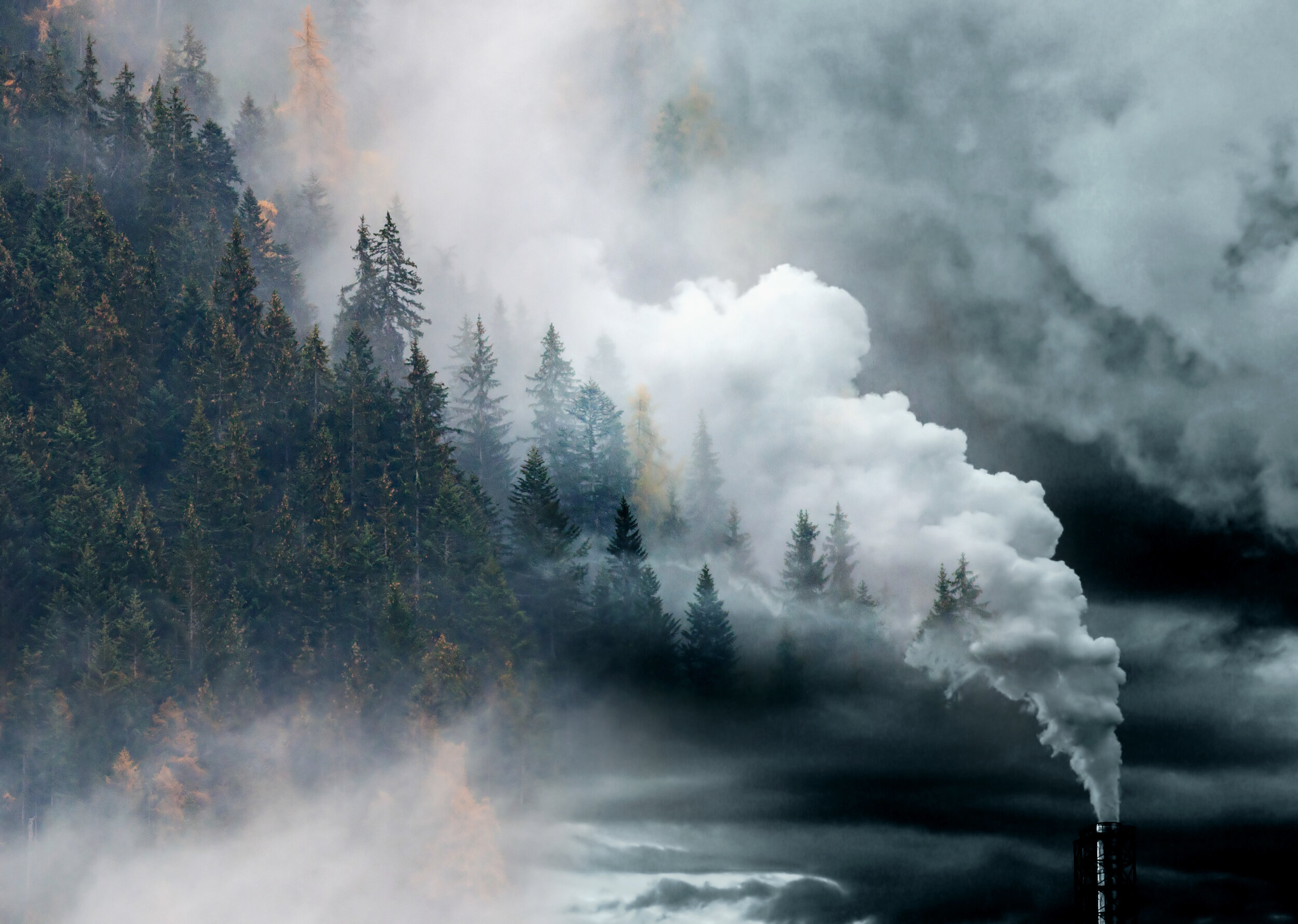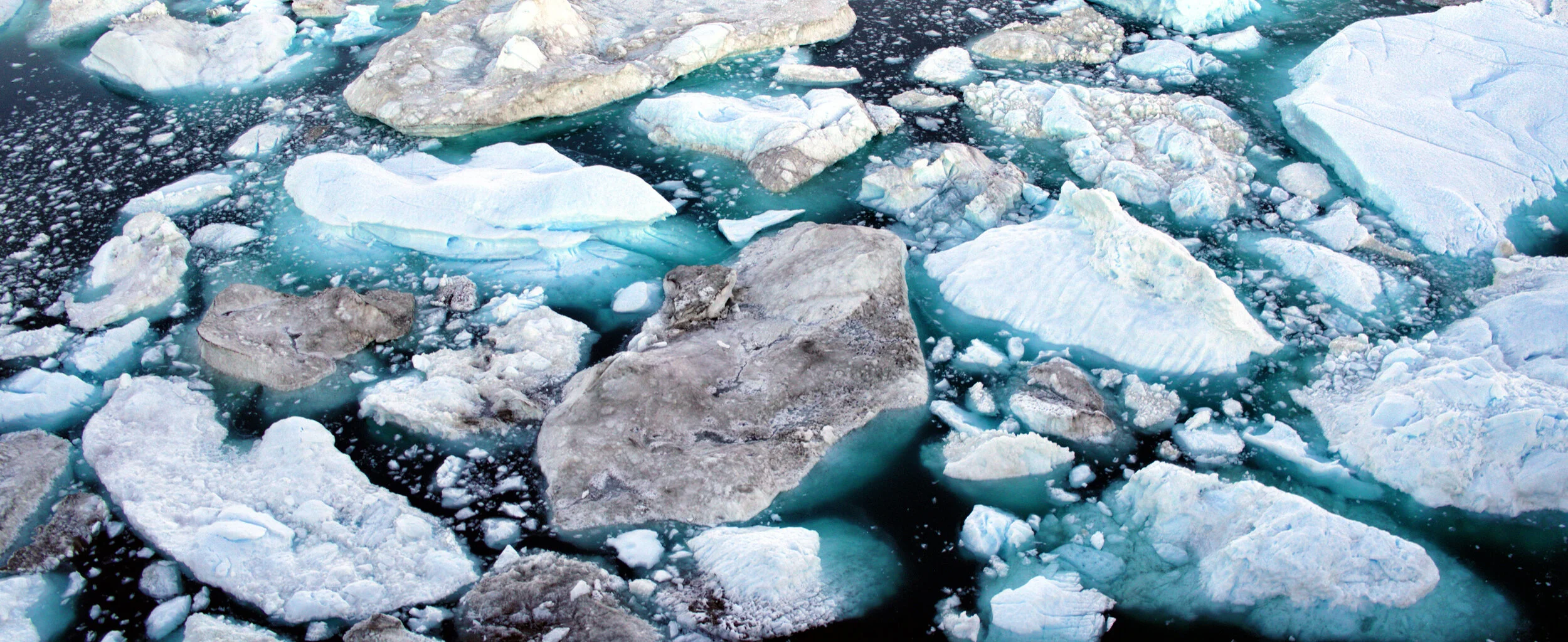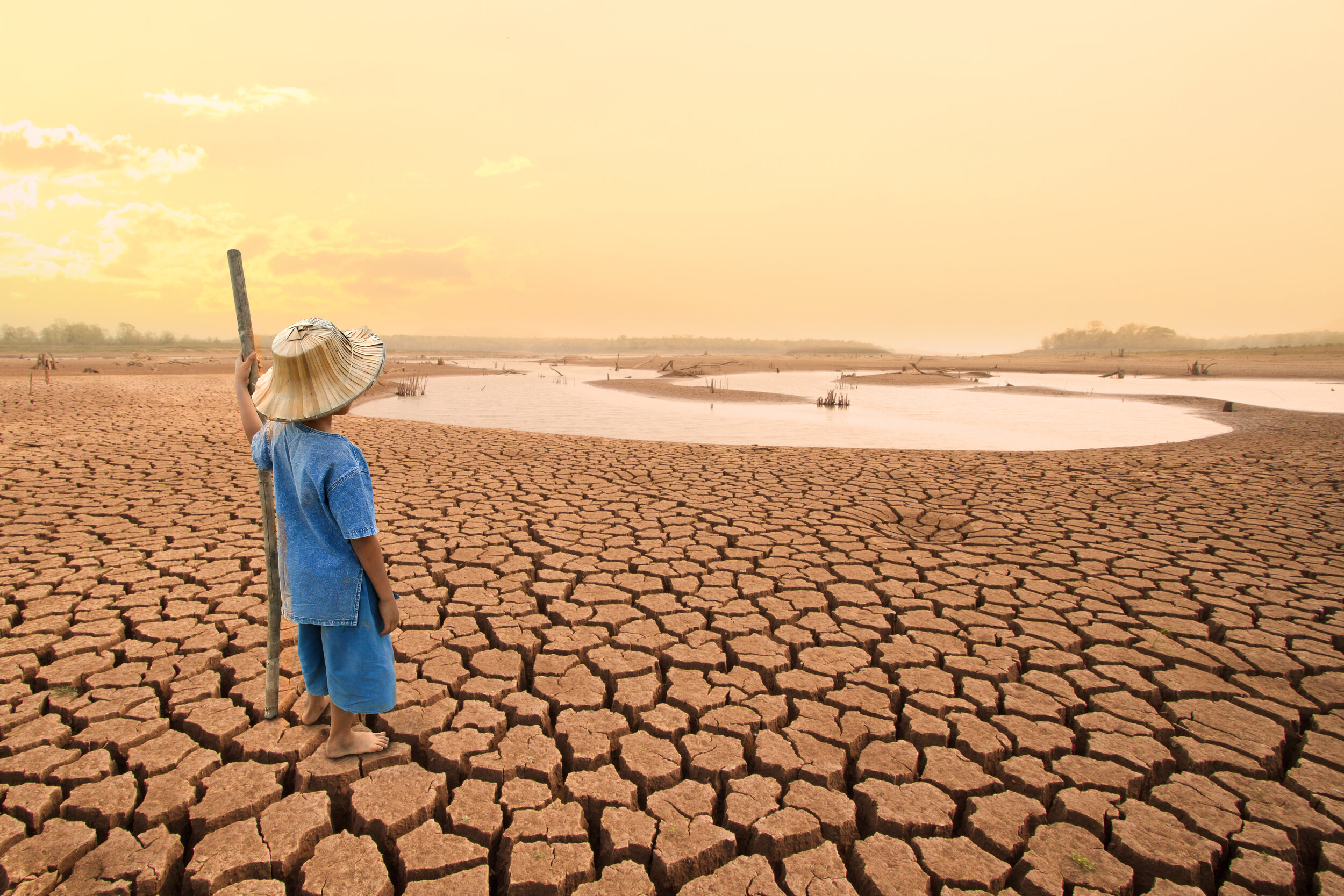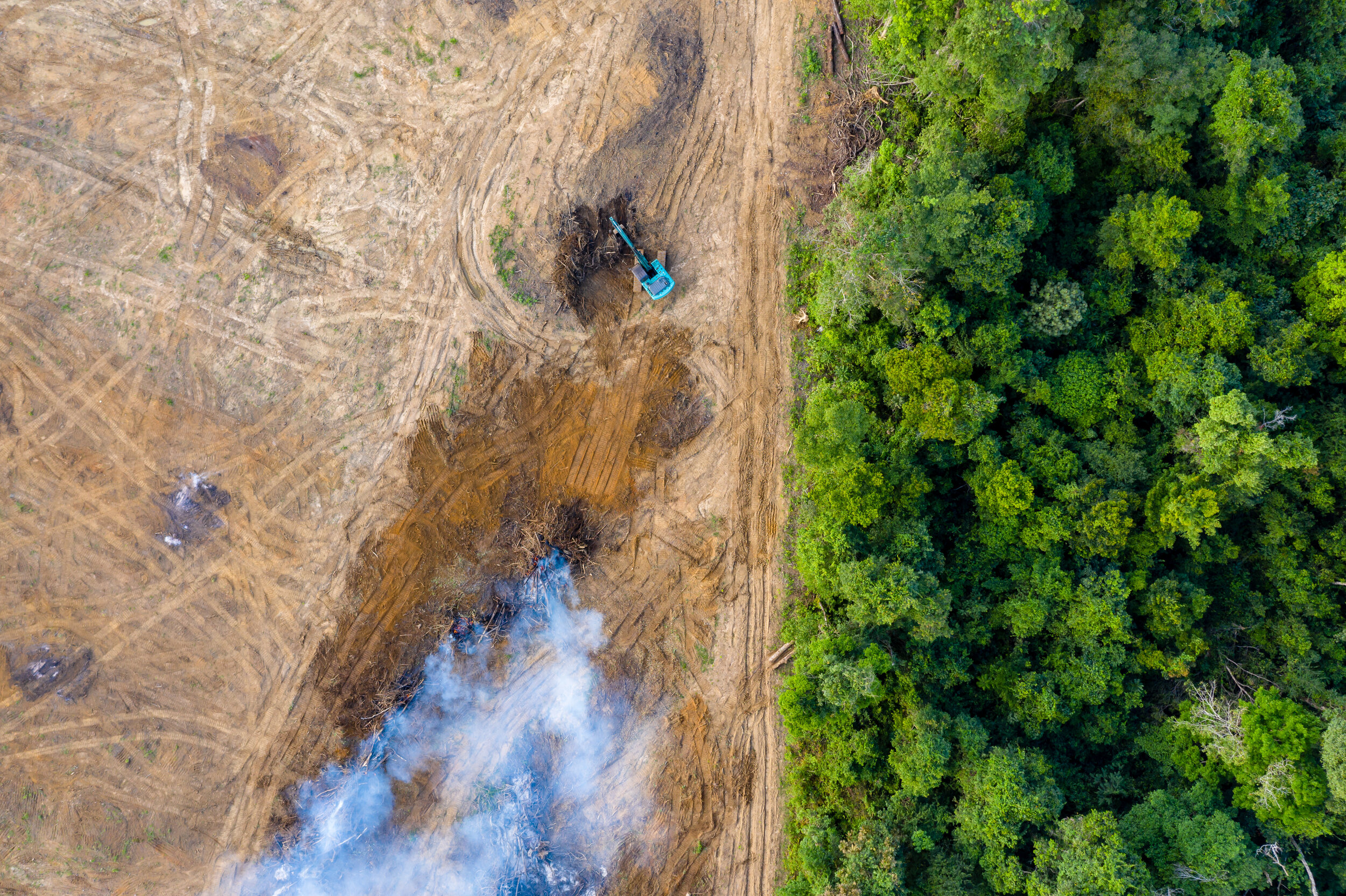Explained: The IPCC’s 6th Climate Assessment Report and Tourism
Written by Jess Tyrrell
“There are no ‘maybes’ any more. The threat of climate change is real; dangers are imminent and the future is catastrophic.”
Anyone who has picked up a device or left home in the last week would have likely noticed uproar among scientific, environmental, and social communities due to a defining report by the Intergovernmental Panel on Climate Change (IPCC). As if this acronym wasn't enough of a mouthful, the findings of this landmark and critical report will likely also leave you speechless. So who the heck is the IPCC anyway, and why should we — as tourists and operators — be concerned about their findings? It turns out there are many damning reasons, and we owe it to ourselves and our planet to listen.
On August 9th, the IPCC — the United Nations' climate-science-focused organisation — released their 6th assessment on the state of the global climate. This report synthesises over 14.000 research papers that 234 international scientists analysed over 8 years. It is a summary of the most up-to-date research on the science of climate change, its effects, and the ways we can adapt and (potentially) mitigate it. It is aimed at governments and policymakers to aid them to make informed decisions regarding global climate change (although their version of the report is way longer and seriously detailed). And this edition, coupled with current extreme weather like the wildfires in Greece, floods in Germany, tropical cyclones in Haiti, and recorded temperatures of 48.8°C in Europe, serves as a serious wake-up call to governments, independent bodies, politicians, corporates, and individuals alike to make drastic changes. Otherwise, we're quite simply, screwed.
Here are the key takeaways (and warnings) from the report:
Human activity is unequivocally to blame for the recent widespread, rapid, intensifying, and unprecedented changes in the climate. Global temperatures have risen by 1.1°C, the highest in over 100.000 years, and the effects will be felt in all corners of the world.
Unfortunately, but not unexpectedly, we will overshoot the 1.5°C mark by 2030, even if we reduce all of our emissions now. If we significantly reduce our emissions, we will see a drop in temperatures to about 1.4°C.
If we bring our greenhouse gas (GHG) emissions under control, we may see global temperatures stabilise in about 20-30 years.
The global sea level has already risen by 20 cm since 1900, mainly because of melting ice sheets in Antarctica. If we warm our atmosphere by 2°C, the ocean will rise by 50 cm by the end of the century.
Global levels of CO2 are higher than at any point in at least 2 million years.
Levels of methane (CH4) are at their highest in at least 800.000 years. This is the 2nd most important gas after CO2 as it is very efficient at trapping heat.
Forests, soils, and oceans — our natural allies — are weakened. Together, these carbon sinks have absorbed 56% of all the CO2 humanity has ever released into the atmosphere, without which, Earth would already be hotter and less hospitable. These allies are showing signs of saturation (AKA, overload), meaning they will be less efficient at soaking up human-spewed carbon into the future.
The report suggests that we could perhaps bring the warming down through “negative emissions”. We could cool down our planet by sucking (or sequestering to some) carbon from the atmosphere. However, the technology is in its infancy.
Cities will bear the brunt of the impacts of climate change, like floods, heat, and sea-level rise.
Code-red, anybody?
The bottom line is that we need to reduce emissions – yesterday. We need disruptive and deliberate action across all tiers of society to give our mothership a shot. Although the top contributors to climate change are a handful of countries and industries (where the most action is required), we all must do our part to lessen the forecast impacts of continuing with business as usual.
This brings me to tourism.
With the global pause brought on by Covid-19, the travel industry suffered a hard knock as we saw the positive effects this cessation had on our climate. All things considered, the pause on travel reduced global emissions by only 7% – just shy of how much it contributes to global GHG emissions annually (8%). This points to the magnitude of the climate crisis.
The fact is, travel will go on – it is one of the world's most significant economic sectors. BUT, we cannot do travel as we used to. This report is a firm reminder that if we do not change the face of tourism, it will seal its own deadly fate. The future resilience of tourism will depend on the sector’s ability to embrace a low carbon pathway and cut emissions by 50% by 2030. The IPCC report calls for every political figure, company, and government to look at how their actions impact the climate and reduce emissions. This includes making responsible decisions for the tourism industry; otherwise, its very fabric – the factors that attract travellers — will suffer far-reaching impacts of climate change, like damage to natural landscapes, wildlife, communities, cultural sites, and protected areas. The tourism industry needs to be accountable, transparent, and efficient if we are to secure our future. The industry ought to rise to the challenge to get on the path to net-zero emissions by 2030.
The alarming scenarios in the IPCC's 6th assessment are no longer uncertain but rather a fact. This should push all players in the travel industry to work towards decarbonising all sectors aggressively and consistently by 2030. Viatu has a responsibility in taking climate action and steering the status quo in a healthier direction for people and the planet. The tourism sector has considerable influence in shaping governmental and industry policies. We would like to see this leverage add pressure to governments to prioritise measuring, reducing, reporting, and setting science-based targets to reduce emissions.
At Viatu, we act locally, think globally, and recognise our role in shaping a healthy, sustainable future. If you'd like to read our sustainability strategy, you can do so here. We'd also love to start a conversation with you, so feel free to message us on Instagram.







